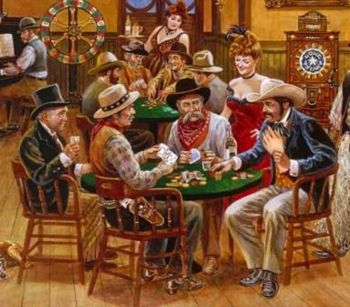
I love dismembered hand jokes as much as anyone else, but this creepy image grabbed my attention as the featured image of the day on Uncyclopedia — a mock Wikipedia wiki that I stumbled upon when searching the web for material on the surrealist, Rene Magritte. At first I didn’t even realize I was ON the Uncyclopedia, and as I read the parodic material on the surrealist master I thought to myself, “How clever…some cheeky monkey had fun “culture jamming” with the open source editing of the wikipedia and pulled a surrealist technique on the very surrealist himself.” But then I figured it out and realized — they “got me.”
A site like Uncyclopedia lures the unwary google searcher into its trap. Caught off guard, I fell into the hall of mirrors of parody — the doubling of the double — and experienced a twinge of the uncanny. Somehow I felt on safer ground when I subsequently found the “actual” wikipedia — not on its “correct” page dedicated to Magritte, but its page on the Uncyclopedia itself. The wikipedia’s Magritte page no longer feels stable to me…it all seems to suggest something parodic waiting to be discovered.
Everything “un-” is uncanny (“the prefix -un,” Freud tells us, “is the token of repression”). There is a degree to which my destabilizing experience of the Uncyclopedia reflects the power of das Unheimlich to redefine assumptions about boundary lines, categories, and reason itself. Unreason, if only for a moment, goes “all in,” and gets the upper hand.
Magritte’s own description of his work bears repeating, since there is the notion of the “hidden secret” inherent behind not only vision, but also every truth claim:
It’s something that happens constantly. Everything we see hides another thing, we always want to see what is hidden by what we see. There is an interest in that which is hidden and which the visible does not show us. This interest can take the form of a quite intense feeling, a sort of conflict, one might say, between the visible that is hidden and the visible that is present.
In another post you used the figure of the monster unmonstered by the revelation of the zipper — but this post points out that it might be zippers all the way down.